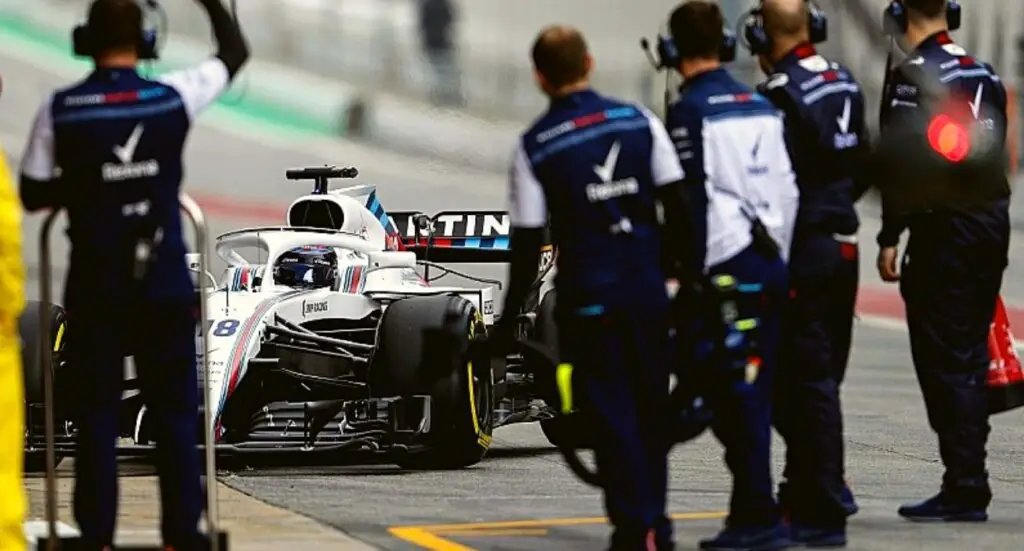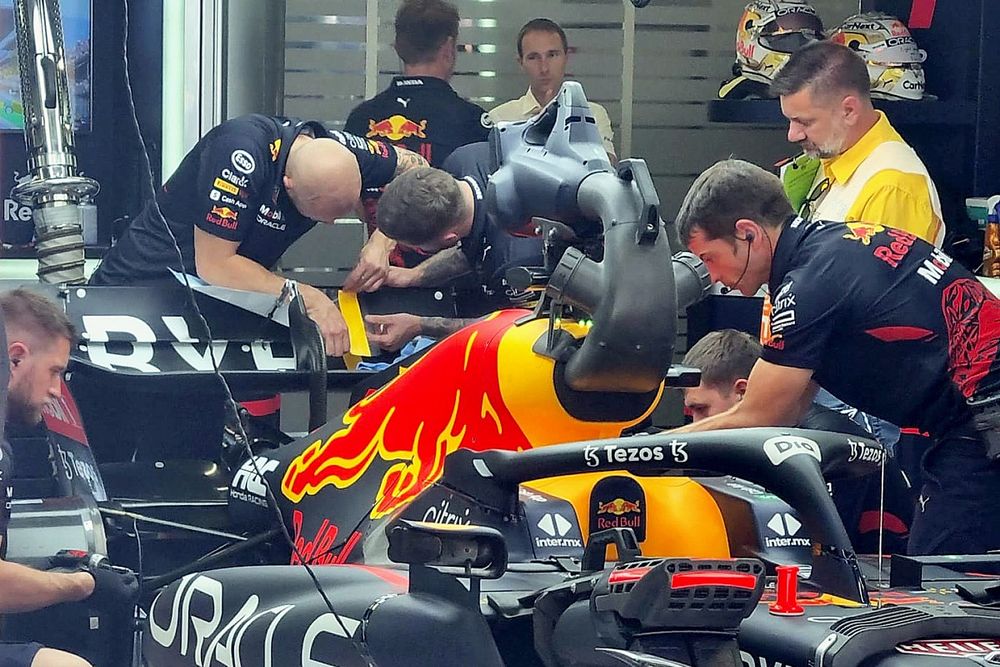Formula One racing is one of the most exciting and thrilling sports in the world. It’s a sport that generates a lot of interest and excitement among fans, but it’s the work that goes on behind the scenes that makes it all possible.
One of the most important roles in Formula One racing is that of the test engineer. Test engineers are responsible for testing and optimizing the performance of Formula One cars. They work closely with the design and development teams to ensure that the cars are performing at their absolute best.
What Do Test Engineers Do?

One of the most important aspects of a test engineer’s job is to develop and refine computer models that allow teams to test and optimize their cars before they hit the track. These computer models simulate the behavior of the car and allow teams to identify areas where improvements can be made.
By testing different configurations and setups before they are used in a real race, test engineers can save teams valuable time and resources, and help them stay ahead of the competition. In addition to developing and refining computer models, test engineers work closely with other
members of the team, including the drivers, mechanics, and aerodynamicists.
They provide valuable feedback and insights to help optimize the car’s performance.
Test engineers are responsible for ensuring that the car is safe and reliable, and that it performs at its best in all conditions.
How Do You Become An F1 Test Engineer?

To become a test engineer in Formula One racing, you need to have a strong background in engineering, mathematics, physics, and computer science.
Many test engineers hold advanced degrees in these fields, such as a Master’s or PhD.
Additionally, experience in computational fluid dynamics (CFD) or finite element analysis (FEA) is highly desirable.
To become a test engineer in Formula One racing, you need to have a strong background in engineering, mathematics, physics, and computer science.
Many test engineers hold advanced degrees in these fields, such as a Master’s or PhD. Additionally, experience in computational fluid dynamics (CFD) or finite element analysis (FEA) is highly desirable.
here are a few key skills that are essential for success as a test engineer in Formula One racing. These include:
- Analytical and problem-solving skills: Test engineers need to be able to analyze complex data and identify areas where improvements can be made. They also need to be able to come up with creative solutions to complex problems.
- Attention to detail: Test engineers need to be detail-oriented to ensure that all aspects of the car are optimized for performance.
- Communication skills: Test engineers need to be able to communicate effectively with other members of the team, including the drivers, mechanics, and aerodynamicists.
- Technical skills: Test engineers need to have a strong background in engineering, mathematics, physics, and computer science.
- They also need to be familiar with software tools such as CFD and FEA.
- Passion for Formula One racing: Test engineers need to be passionate about the sport and eager to help teams achieve success.
Conclusion
In conclusion, test engineers are a vital part of Formula One racing.
Their expertise in engineering, mathematics, physics, and computer science allows them to develop and refine computer models that help teams test and optimize their cars before they hit the track.
If you have a strong background in these fields and excellent analytical and problem-solving skills, a career as a test engineer in Formula One racing can be both challenging and rewarding.

